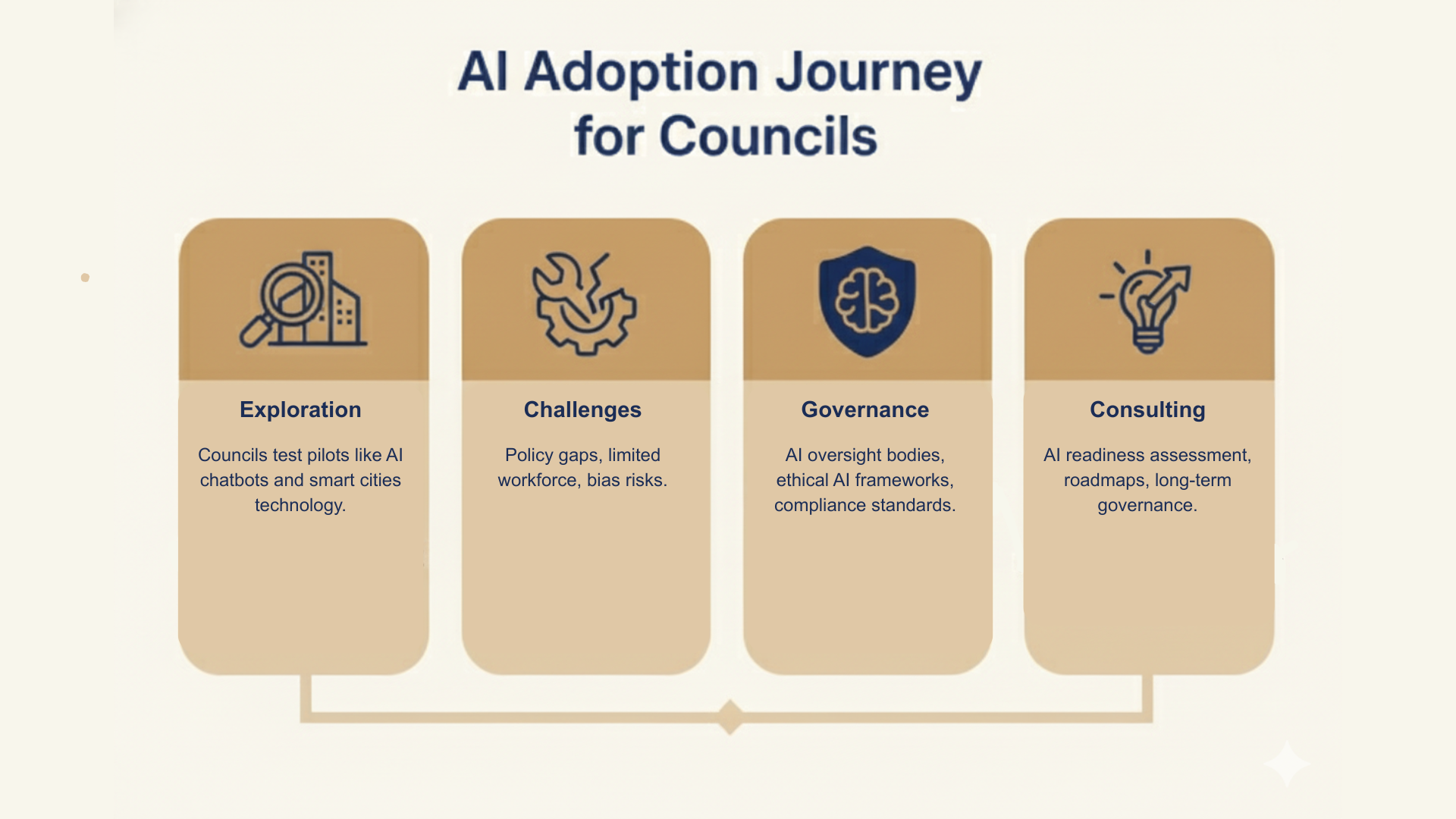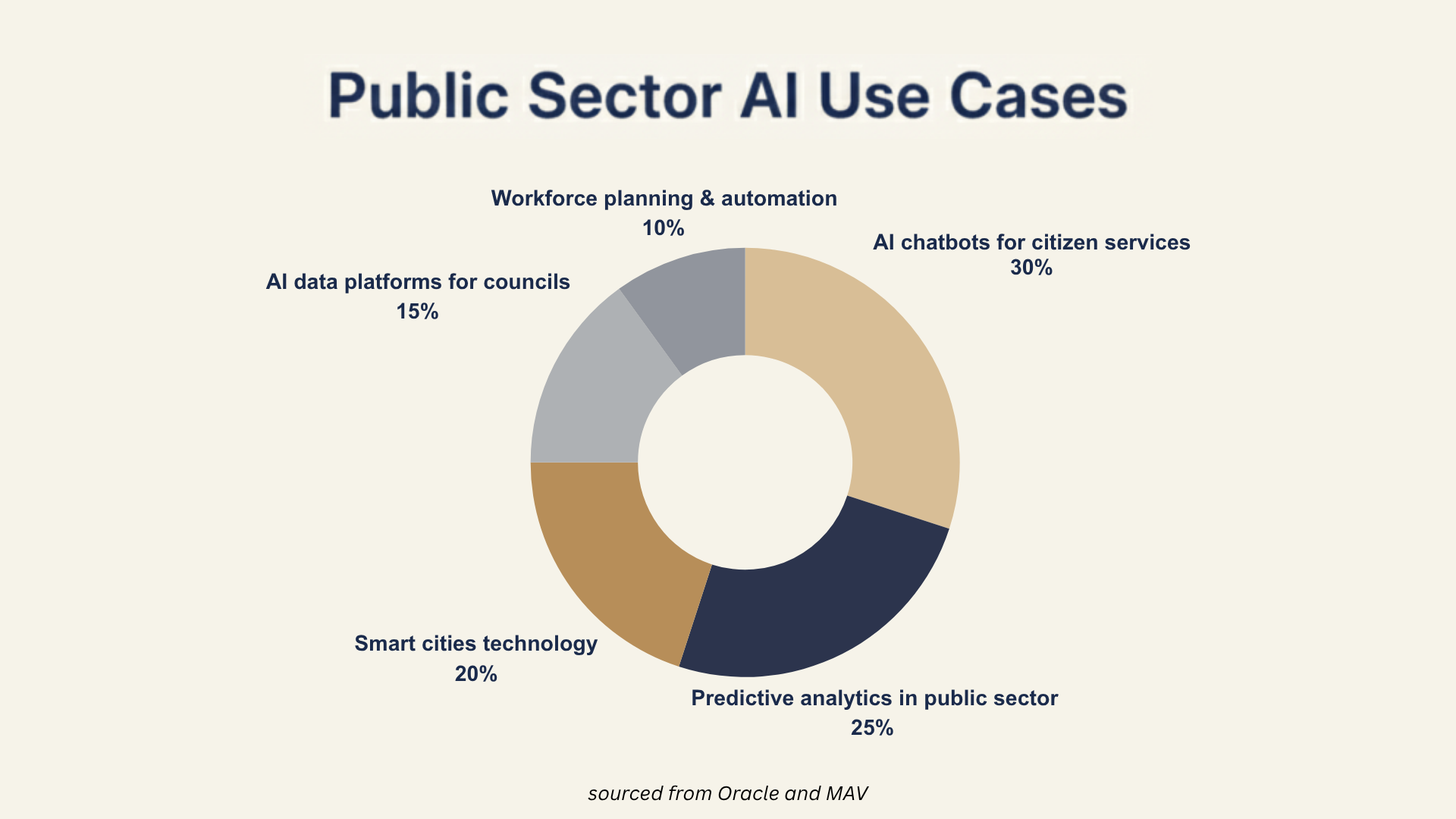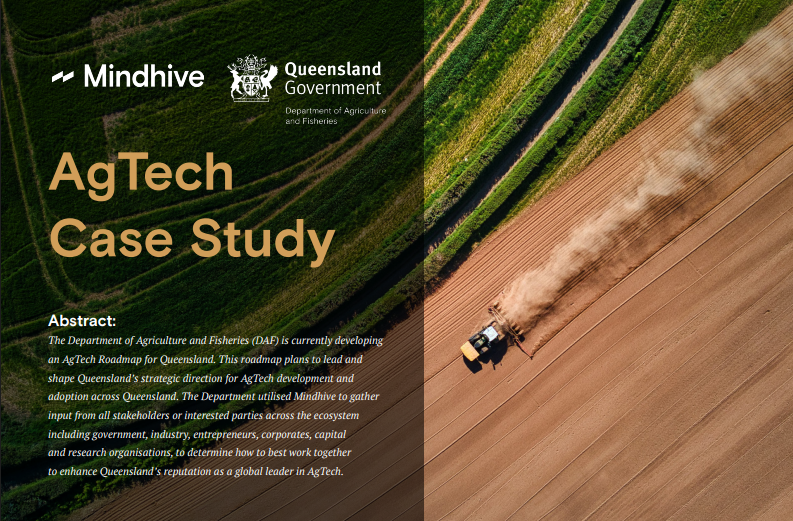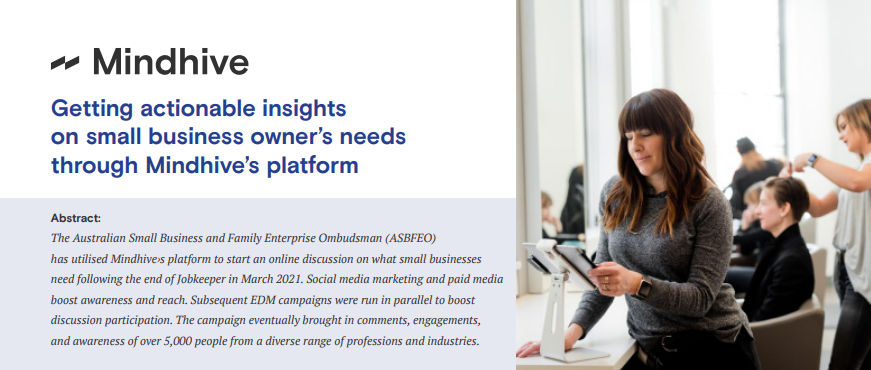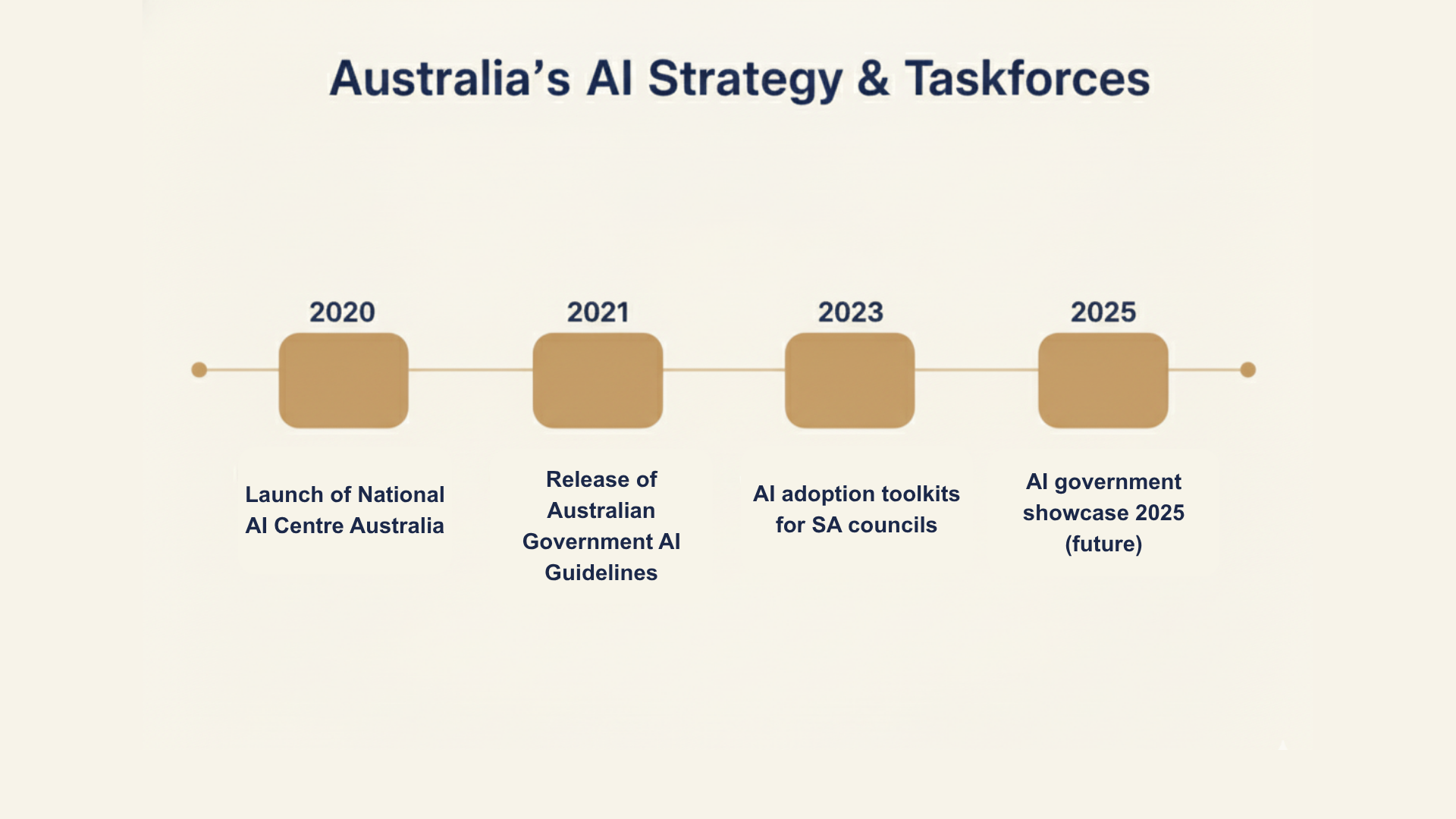AI for Local Government and Public Sector Consulting: Building Trust, Efficiency, and Smarter Governance
Artificial intelligence (AI) is no longer just a buzzword in today's tech landscape — it has become a cornerstone of digital transformation in government. Across Australia, councils and agencies are exploring the use of AI in government applications that leverage algorithms, automation, and predictive analytics to streamline operations, enhance citizen engagement platforms, and deliver AI-powered public services more efficiently and effectively.
Oracle notes that while only 2% of local governments globally have fully deployed AI, more than two-thirds are exploring its use cases in areas like traffic control, chatbots, and infrastructure monitoring.
But as much as AI offers efficiency and cost savings, it also raises critical questions about transparency, ethics, and public trust. To balance innovation with accountability, AI for local government and public sector consulting has become a necessity. With the right frameworks, councils can embrace responsible AI adoption while avoiding the pitfalls of ungoverned technology.
The Growing Role of AI in the Public Sector
AI is already transforming the way governments operate and how communities interact. Local councils are testing AI chatbots for citizen services, predictive analytics in public sector projects, and smart cities technology to manage assets more effectively. AI data platforms for councils consolidate fragmented data into actionable insights, improving local council decision-making and resource allocation.
However, implementing AI shouldn’t be focused solely on automation, as service delivery innovation has to evolve alongside these technological advancements. AI is already transforming the way governments operate and how communities interact. Local councils are testing AI chatbots for citizen services, predictive analytics in public sector projects, and smart cities technology to manage assets more effectively. AI data platforms for councils consolidate fragmented data into actionable insights, improving local council decision-making and resource allocation.
In Australia, the Municipal Association of Victoria has even created a Use Case Library of 50+ AI applications, alongside a framework for identifying "inappropriate use" cases to safeguard against potential misuse. The Local Government Housing Innovation Program, its joint initiative with the Greater Dandenong City Council, is leveraging AI procurement support for councils to accelerate planning approvals and housing delivery. These Victorian government AI cost-cutting initiatives demonstrate how automation can enhance service efficiency while also reducing administrative spending.
Both Deloitte and Gartner emphasise that the public now expects real-time public sector AI services and transparency. This is where AI is uniquely positioned to meet these greater expectations, but it has to be deployed carefully by putting AI accountability in the public sector at the core of its implementation.
Challenges in AI Adoption by Local Governments
For all of its promise and potential, there are key challenges that government agencies have to overcome at the local, state, and national levels.
A QUT study has shown that over 170 local government units are already deploying AI without clear rules of engagement, guidelines, or published policies. As a result, there is a significant gap in accountability and transparency. Another thing to point out is that citizens have 'no idea' that the technology is being used in their local services.
This glaring lack of policy creates risks around bias and fairness in AI systems, where algorithms may unintentionally disadvantage certain demographics and vulnerable communities. It also complicates regulatory compliance in government, especially as legal frameworks race to catch up with technological realities.
Another key challenge to deal with is workforce readiness. Councils often lack in-house data scientists or AI ethicists to manage, audit, and monitor AI systems. Without investment in AI-enabled workforce planning and training, staff may struggle to oversee these tools responsibly.
Finally, governments must prepare for scaling. Efficiency gains can create rebound effects, wherein more effective services attract more demand. Without forward-thinking plans, AI may strain existing systems rather than relieve them.
Why AI Governance Matters
So, what is AI governance in the context of government?
In essence, AI governance public sector frameworks ensure systems are ethical, transparent, and lawful. Councils should adopt AI governance models, ethical frameworks, and AI governance checklist tools that uphold citizen rights and promote algorithmic transparency.
In Australia, efforts are already underway. The National Artificial Intelligence Centre and various government taskforces are guiding responsible adoption, while the release of Australian government AI guidelines marks a step toward common standards. The policy for the responsible use of AI in government emphasises the need to strike a balance between innovation and public trust.
However, governance is not just about policies on paper. It requires AI oversight bodies, algorithmic audits, and tools such as an AI governance checklist or even AI governance framework templates. Scholars argue for contestability: citizens should have a mechanism to challenge algorithmic decisions, a principle already being explored in AI models.
When governments adopt responsible AI adoption strategies, they don’t just reduce risks. They actively build trust, improve efficiency, and deliver sustainable value.
The Role of Consulting in Public Sector AI
Most agencies cannot manage full-scale AI adoption alone. This is where public sector consulting services come in. Consultants act as AI governance specialists, providing governments with an AI integration roadmap, running AI readiness assessments, and designing implementation frameworks.
For example, an AI governance consultant can help councils align projects with ethical frameworks, ensure compliance with AI legislation in Australia, and prepare reports that meet AI compliance standards. Consulting also extends to digital policy consulting, enterprise AI consulting, and consulting for regulatory compliance.
Equally important, consultants guide the government consultation process, helping leaders engage citizens and stakeholders. By embedding structured dialogue, consulting ensures technology adoption is transparent, participatory, and politically sustainable.
Case Studies: AI in Action
Several government agencies and organisations have successfully deployed Mindhive as a platform that incorporates AI in the consulting practice.
Queensland Building and Construction Commission (QBCC)
Leveraged AI to strengthen governance and compliance across regulatory processes, improving both oversight and efficiency.
Department of Agriculture and Fisheries (DAF)
Developed the AgTech Roadmap for Queensland, which applied AI to harness agricultural data insights, improve decision-making, and enable sustainable practices.
Australian Small Business and Family Enterprise Ombudsman (ASBFEO)
Used collaborative intelligence to improve consultation and policy development for small businesses.
These examples highlight that success comes from more than just technology, it requires thoughtful AI governance consulting and citizen collaboration.
Australia’s National AI Strategy and Future Outlook
In recent years, many governments around the world (particularly the United States and China) have designated AI as a national priority. And Australia is no exception when it comes to this. The national AI strategy includes investment in government advisory bodies and the national AI centre to accelerate adoption.
Initiatives like the AI in Government Taskforce provide frameworks and training. while the AI government readiness index benchmarks progress across jurisdictions. Currently, Australia is ranked 10th in the world in Oxford Insights’ Government AI Readiness Index.
It's important to know that local councils are being encouraged to explore responsible applications, from AI chatbots for citizen services to predictive analytics in public sector projects. The next horizon involves generative AI in government, which may transform policy writing, public communication, and data analysis.
At the end of the day, these innovations must be anchored in ethical AI frameworks and trust and safety in AI. Otherwise, public backlash could slow adoption.
Consultation, Collaboration, and Public Trust
Things don’t work in AI governance without one or the other - consultation, collaboration, and public trust. Ultimately, technology alone cannot build legitimacy. The public trust in AI depends not only on efficiency, but also on transparent, inclusive decision-making.
A study on public perceptions of AI in local government shows that attitudes, ease-of-use and perceived risks strongly influence citizen acceptance. Another study comparing Australia and Hong Kong found that awareness of AI policies and confidence in governance mechanisms were crucial for support.
Local government consultation guidelines already emphasise structured citizen input. Platforms like Mindhive extend this, enabling councils to tap into collective intelligence from communities, experts, and stakeholders. By combining consultation with AI governance consulting, governments can strengthen legitimacy while driving innovation.
Shaping the Future Together
AI is no longer a distant vision for local governments.
It’s here, embedded in planning, citizen services, and government advisory services. But to succeed, councils must prioritise AI governance public sector frameworks, invest in AI-enabled workforce planning, and ensure transparent consultation processes.
That’s where public sector consulting services play a critical role. By guiding adoption with responsibility and foresight, consultants help governments achieve efficiency while protecting citizen trust.
Join government leaders using Mindhive to shape the future.
Leverage AI-powered collaboration to solve challenges faster, smarter, and at scale.


